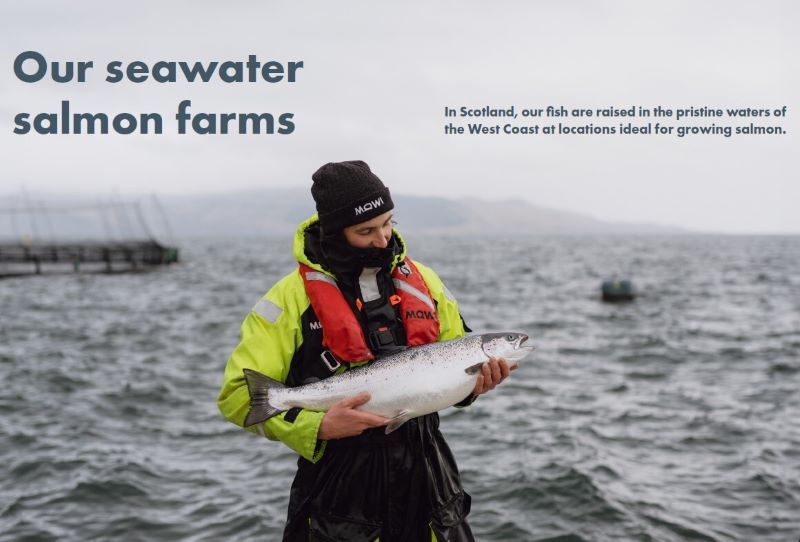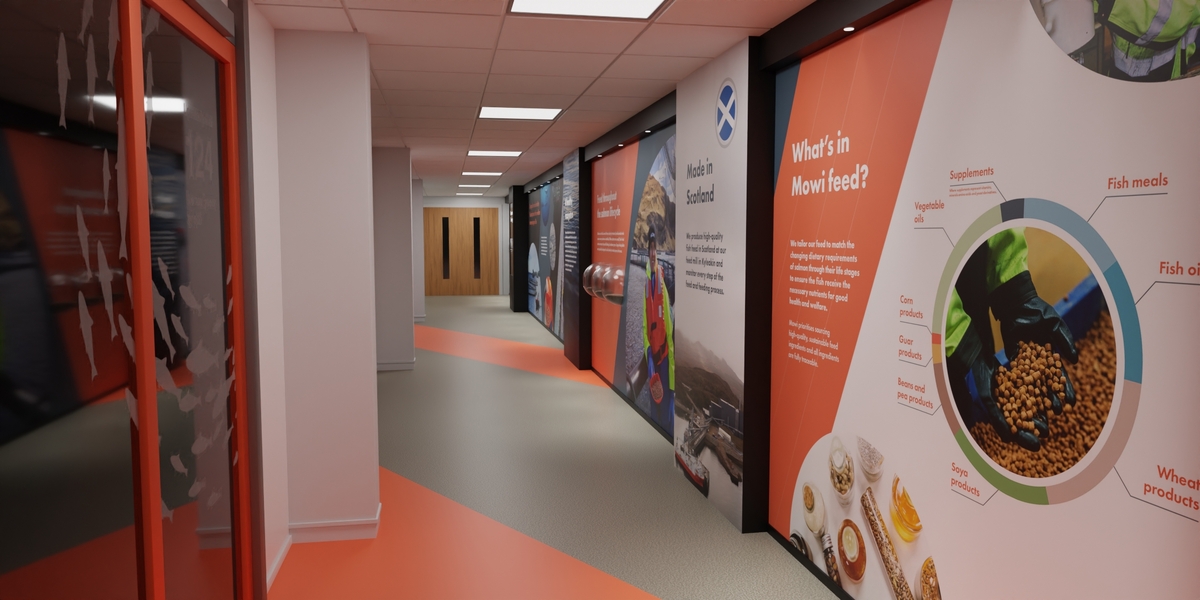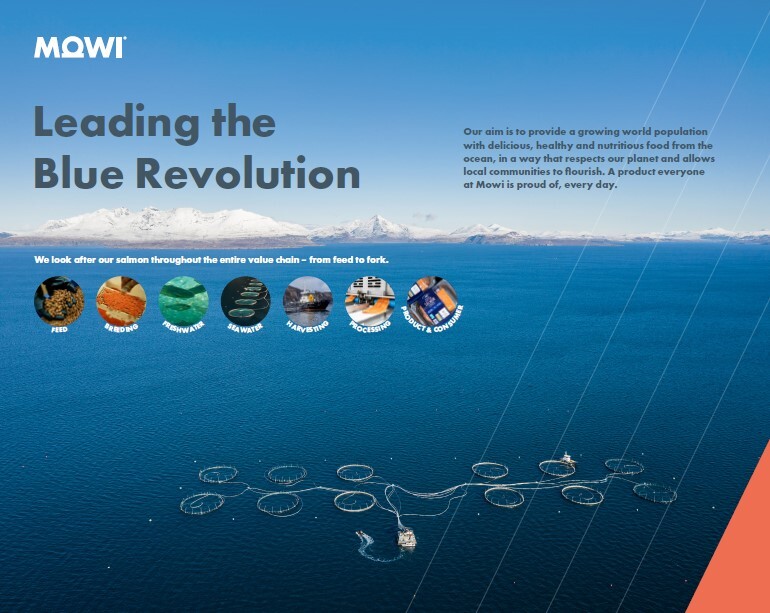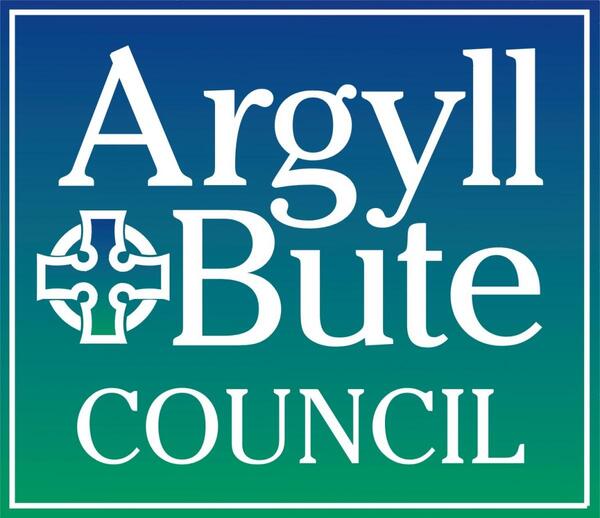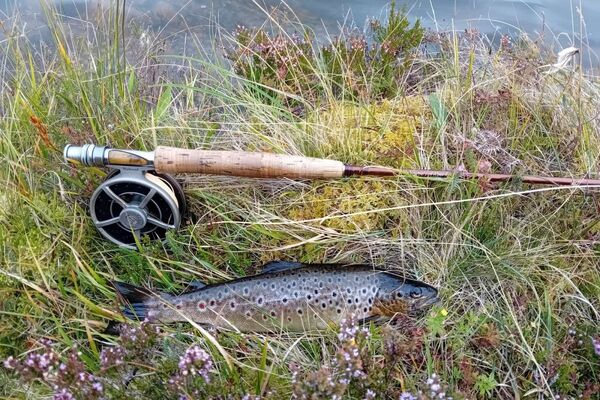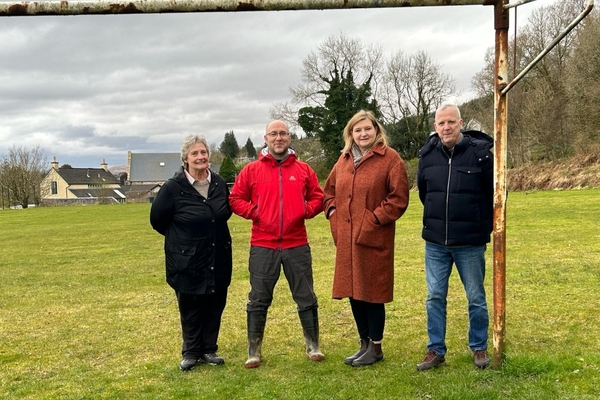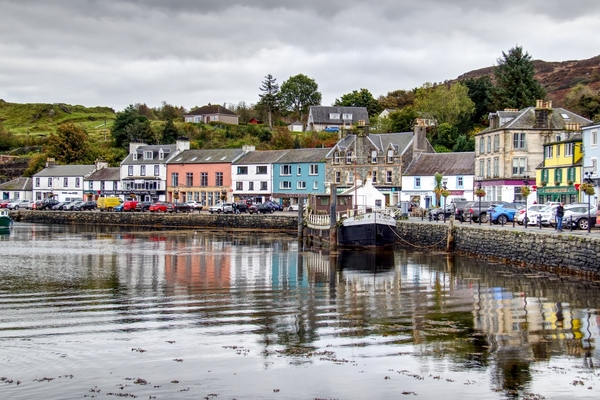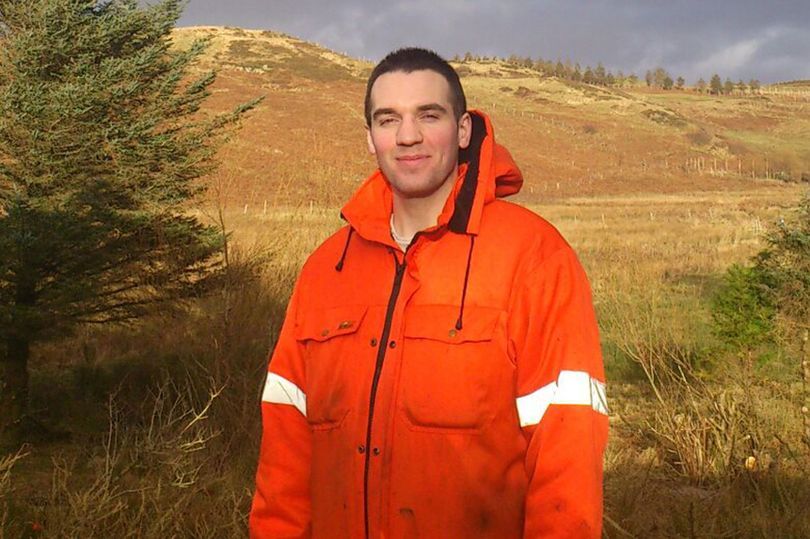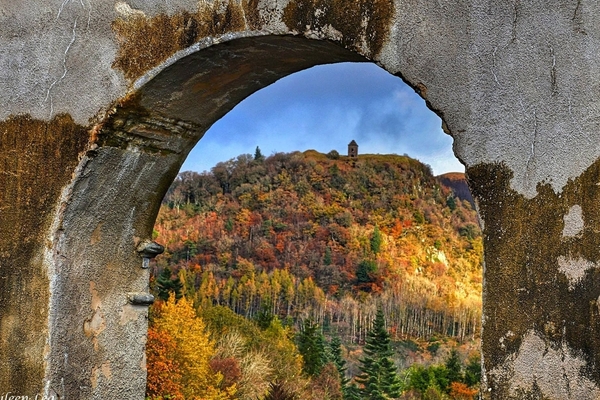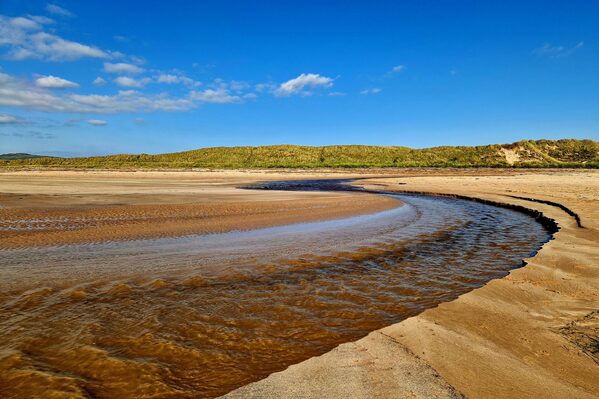MOWI : Scottish salmon - A win-win for your plate and the planet
In today’s health-conscious and environmentally aware society, consumers are increasingly seeking affordable options that not only nourish their bodies, but also align with their values. As families navigate the complexities of food choices, opting for Scottish farmed salmon can be a step towards a healthier lifestyle and a more sustainable future.
Scotland’s pristine waters, cool climate and the most advanced farming techniques create ideal conditions for producing high-quality salmon that is sought after by chefs and consumers alike, making it the UK’s number one food export. The sector contributes more than £760 million a year to the Scottish economy and provides direct employment across the country for over 2,500 people, with a further 10,000 associated roles. And since 1990,
Mowi Scotland is proud to hold a Royal Warrant of Appointment as the only supplier of fresh salmon to His Majesty.
Feeding the world, protecting the planet
Because there are local farms and processing sites located throughout the West Coast, shoppers can enjoy this affordable world-class delicacy at home, from the convenience of their local supermarket. That means minimal food miles at a competitive cost.
From ensuring that salmon enjoy a healthy ecosystem to following strict protocols for handling fish that avoid stress, at every stage of the journey, Mowi’s team of expert farmers, technicians and biologists take the safety and protection of their fish very seriously. By using this holistic approach, Mowi achieves an outcome that is beneficial for the dinner table, the economy, the environment and the future viability of fish populations.
For instance, wild Atlantic salmon face formidable challenges in their natural environment, where their survival rates plummet to a mere 1 to 2 per cent due to predation, habitat degradation and climate change. In contrast, farmed salmon have an impressive survival rate of more than 80 per cent, a testament to advancements in aquaculture practices that prioritise animal welfare and environmental stewardship.
Debunking the myths
There are common misconceptions about farmed fish. Soon, the public will be able to learn the facts about salmon from farm to fork at the new Mowi visitor’s experience at their Inchmore Hatchery in Glenmoriston. Visitors will be able to see first hand how ever-evolving technology is helping to feed the world, whilst protecting the planet.
Featuring one of the world’s most technically advanced water recirculating systems, the Inchmore facility, scheduled to open for visitors in Autumn 2024, will offer a chance to see the process in action, along with interactive displays that address some common concerns, such as:
Does feeding farmed salmon production affect ocean resources?
For the past five years the Coller FAIRR Protein Producer Index has ranked Mowi as the world’s most sustainable animal protein producer. Mowi scientists are constantly working to source sustainable and healthy diets, such as anchovies and sardines. They also use state-of-the art technology to make sure feed is not wasted. And just as people sometimes take vitamin supplements, the salmon feed includes supplements such as carotenoids, an immune boosting antioxidant that salmon eat in the wild, naturally giving it a pink colour.
What’s the real colour of farmed salmon?
Many people wonder why farmed and wild salmon are different colours. Salmon is a predator, and it eats smaller fish, krill and other small crustacea. These crustaceans, in turn, feed off algae. This is where the colour comes in. Certain algae produce a red plant pigment called astaxanthin. If they later end up in the stomachs of predators, these will also take on the colour of astaxanthin. So astaxanthin is the reason why crustacea, as well as salmon and flamingos, are naturally a vibrant pink colour.
Does salmon farming have an impact on the seabed?
By farming within the environment’s capacity, there is no permanent impact to the seabed from salmon farms. Sites are located in deep waters with strong currents. Mowi scientists regularly monitor the seabed below farms to ensure impacts are minor and temporary, and that there is plenty of life to support regeneration.
Once the salmon is harvested, they follow a fallow period to allow for rejuvenation.
In Scotland, our fish are raised in the pristine waters of the West Coast at locations ideal for growing salmon.
How does Mowi prevent salmon from escaping?
While studies suggest that genetic risk to wild salmon is low should an escape occur, farmers do everything they can to prevent farmed and wild salmon interaction, with a target of zero escapes. Mowi’s farms are engineered to withstand strong storms; our equipment is checked and examined regularly.
Mowi are proud to deliver delicious and nutritious seafood to nourish a growing global population, while helping to protect the planet. Find out more at mowi.com/sustainability
Interested to find out more about our visitor experience and when it opens? Contact enquiries.scotland@mowi.com to arrange a visit.
For more MOWI facts and information click on the video below:
Latest News
JOBS
Sign up to our daily Newsletter
Permission Statement
Yes! I would like to be sent emails from West Coast Today
I understand that my personal information will not be shared with any third parties, and will only be used to provide me with useful targeted articles as indicated.
I'm also aware that I can un-subscribe at any point either from each email notification or on My Account screen.

